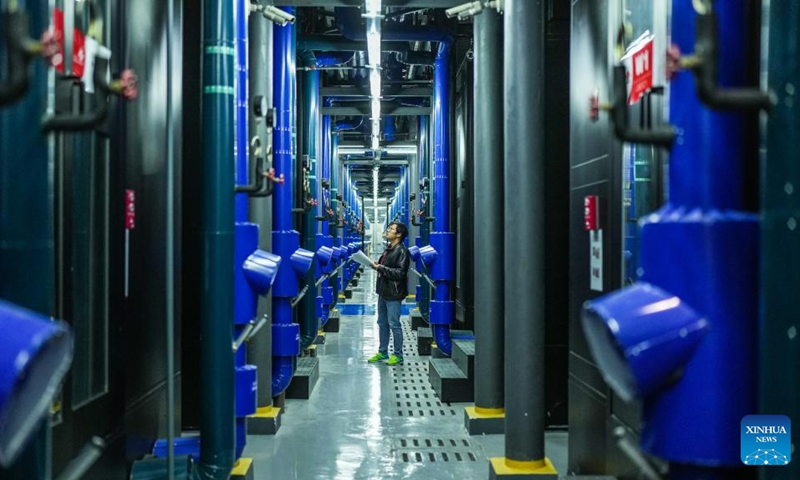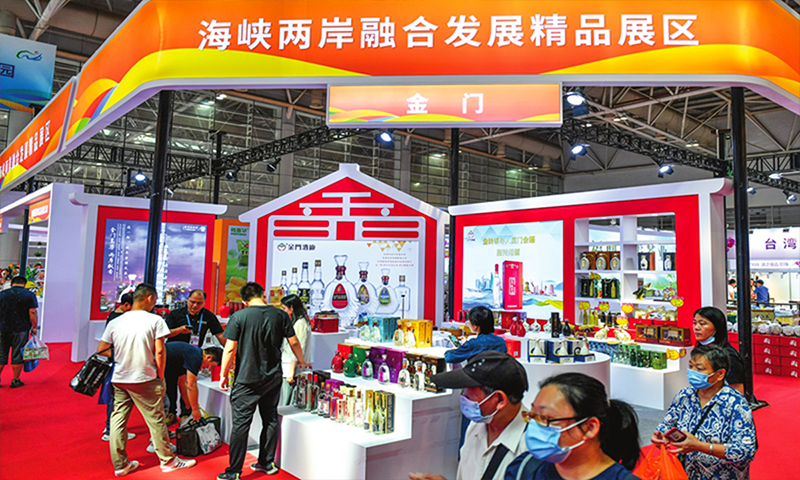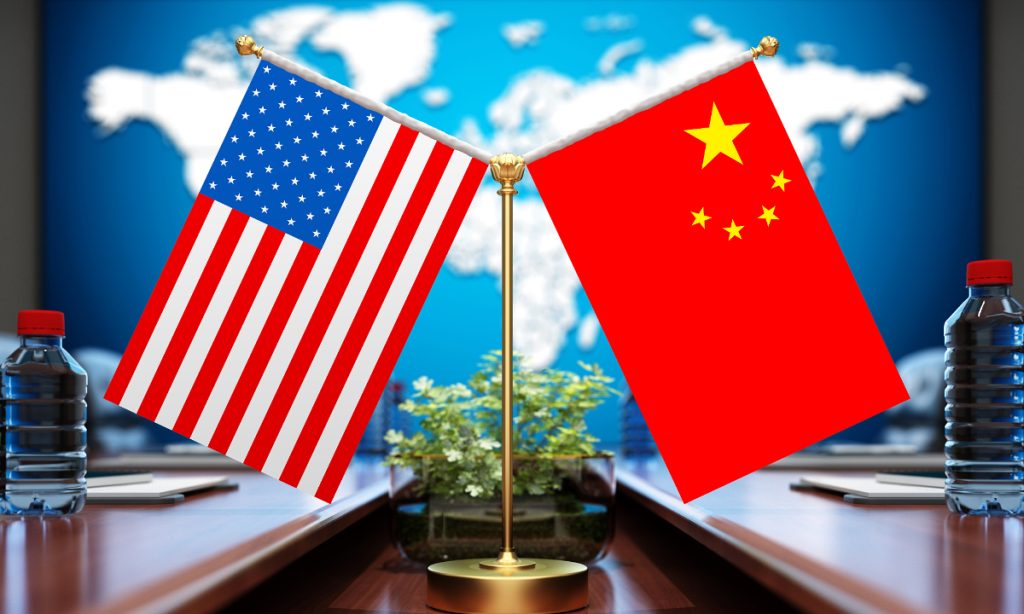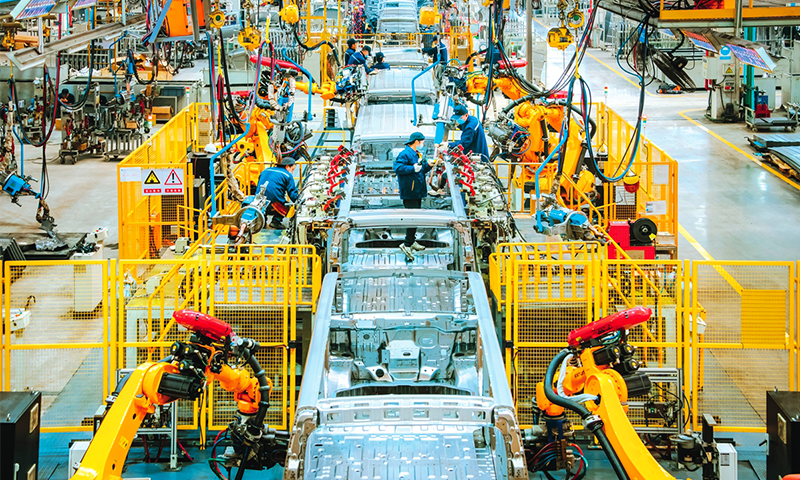China unveils advanced AI model for medicine, boosting clinical diagnosis

A Hong Kong research center under the Chinese Academy of Sciences (CAS) has unveiled its latest artificial intelligence (AI) model for the healthcare industry, providing efficient clinical diagnosis and helping doctors in complex neurosurgery.
The development highlights the increasingly close academic collaboration between the Chinese mainland and Hong Kong, showcasing the country's leading position in the sector.
Developed by the Centre for Artificial Intelligence and Robotics (CAIR) of the CAS Hong Kong Institute of Science and Innovation, the CARES Copilot 1.0 model offers physicians enhanced accuracy in data retrieval. It can generate information and citations from academic sources, with data accuracy up to 95 percent, CAIR said on Monday.
Using the AI model for complement surgery, image navigation, and medical robotics in clinics, operating rooms and research institutes can directly assist medical staff in dealing with emergencies. They are able to provide supervision and early warnings and prevent risks during surgical procedures, Danny Chan Tat-ming, head of the neurosurgery division at the Department of Surgery in the Chinese University of Hong Kong, was quoted as saying.
The CARES Copilot system is designed to work with smart medical devices, providing trustable and explainable AI for surgery. It is able to process surgical data across modalities, including images, text, voice, video and ultrasound.
The performance of the Copilot 1.0 system was strictly tested using the challenging Zero-shot Top Token Selection standard, across five public datasets and two proprietary neurosurgical knowledge evaluation datasets, according to the research team of the CARES Copilot 1.0 AI model.
"We aim to integrate the Copilot 1.0 AI model with smart medical devices in the future, based on CAIR's achievements in medical robotics. The center is now collaborating with Prince of Wales Hospital in Hong Kong, Peking Union Medical College Hospital in Beijing, and the First Affiliated Hospital of Sun Yat-sen University in Guangzhou on these subjects," Xu Jun, a senior manager at the Centre for Artificial Intelligence and Robotics, told the Global Times on Tuesday.
The CARES Copilot 1.0 system exemplifies CAIR's unique position and academic background, reflecting the close academic cooperation between the Chinese mainland and Hong Kong.
According to CAIR's official website, the center was established under a memorandum of understanding signed between the Hong Kong SAR Government and the CAS. It is part of the Hong Kong Institute of Science and Innovation, the CAS' first affiliated branch outside of the Chinese mainland.
The Guangdong-Hong Kong-Macao Greater Bay Area is further advancing technological cooperation. In August 2023, China's State Council issued a plan to develop the Hetao Shenzhen-Hong Kong Science and Technology Innovation Cooperation Zone, aiming to deepen scientific and technological collaboration in the Greater Bay Area.



